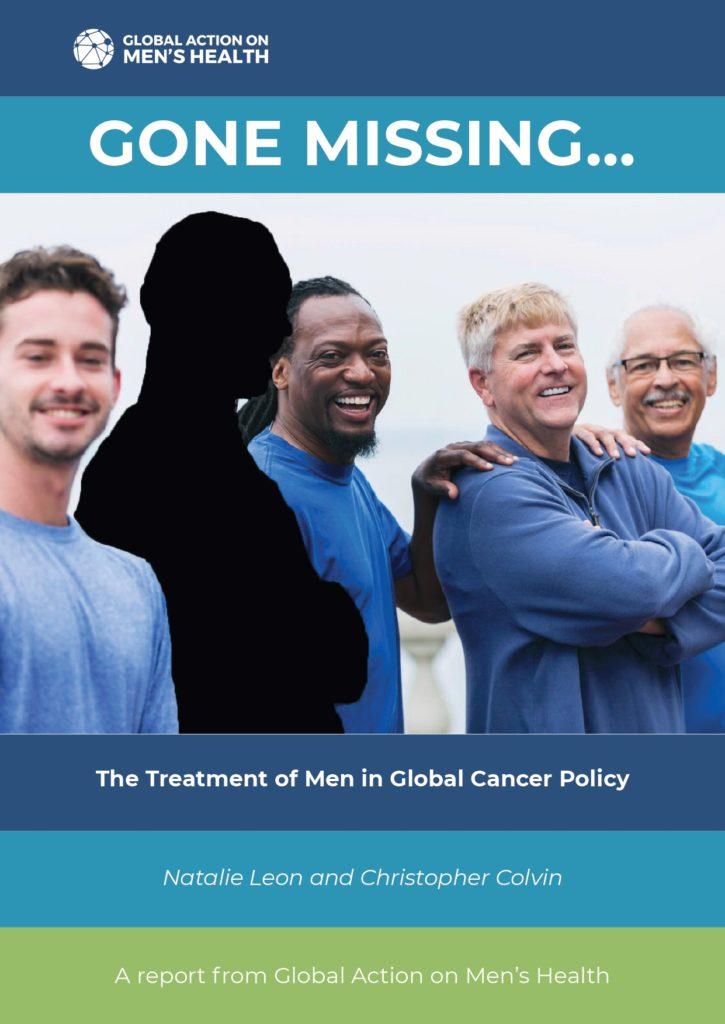
Men’s excess burden of cancer is clear. Globally, one in eight men and one in 11 women die from cancer by the age of 74. The age-standardised cancer incidence rate for males is 207 per 100,000 compared to 178 for females; the respective mortality rates are 120 and 84. Lung cancer is the most frequently occurring cancer and the leading cause of cancer death in men, followed by prostate and colorectal cancer for incidence and liver and colorectal cancer for mortality.
The explanations for these sex differences include higher rates of smoking and alcohol consumption in men, greater exposure to occupational carcinogens, lower symptom awareness and later presentation to health services. There may also be some biological factors.
The scale of the problem surely merits a robust and systematic response from policymakers. A critical assessment of their performance to date can be found in a new report from Global Action on Men’s Health (GAMH) published to mark International Men’s Health Week (12-18 June 2023).
Gone Missing: The treatment of men in global cancer policy, written by Dr Natalie Leon and Professor Christopher Colvin, examines a wide range of policy reports from the WHO and other organisations and, disappointingly, finds that men’s health needs and male-equity initiatives are largely absent from global and regional cancer-related policies. Where issues of gender are considered, the focus is mostly on women.
The only significant areas where men’s issues are more prominent concern prostate cancer and HPV vaccination. But even here there continues to be a lack of consistency in approach. More countries are now opting for gender-neutral HPV vaccination, for example, but WHO still does not recommend this even though its recent endorsement of one-dose HPV vaccination programmes could help to address the resource concerns in low- and middle-income countries.
Gone Missing draws on John Kingdon’s three-part model of how ‘policy windows’ emerge and suggests GAMH advocates for overdue policy change by developing the evidence base, building on best practice and assembling coalitions with other organisations working on men’s or cancer issues.
In fact, this work has already started. GAMH and the European Cancer Organisation are collaborating on a men and cancer ‘manifesto’ that will be launched later this year and used to make this case for change in the European region.
This is likely to focus on including men in work on addressing inequalities in cancer outcomes, the rollout of a male-targeted approach to changing men’s risky behaviours and improving their use of services, reviewing the case for prostate cancer screening, and the introduction of policies that address men’s needs, including gender-neutral HPV vaccination.
A similar approach is now needed on a global scale.